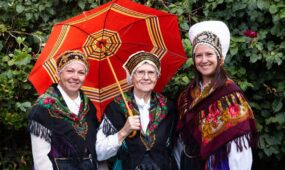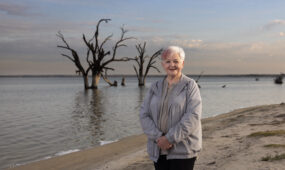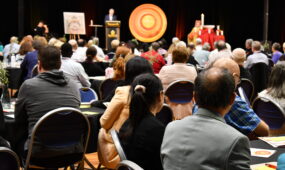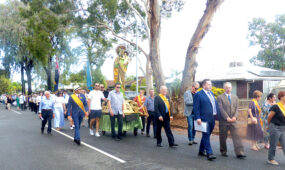Fragments of history uncovered
Local
Paul Murphy, a retired Catholic school principal with a deep admiration for Josephite education, is on a mission.
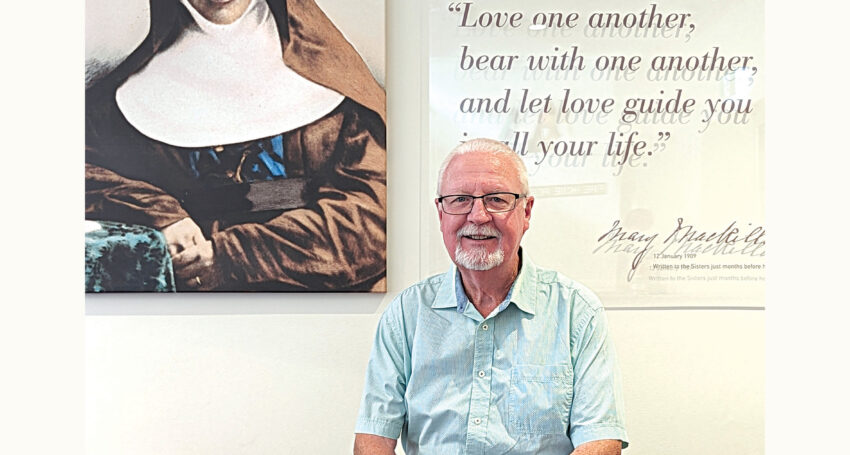
He’s writing a book, a chronicle of the 119 schools once supported by the Sisters of St Joseph of the Sacred Heart in South Australia. It’s a project driven by a dual passion: honouring the past and ensuring these stories aren’t lost to time.
“It started with the realisation that there are all these schools, some still running, some closed, but all representing this incredible work by the Sisters,” Paul said.
“It’s a powerful story in our history, and this book is about remembering that.”
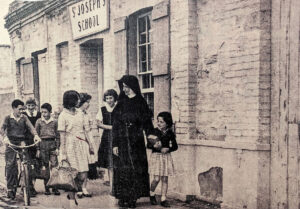
St Romualds School, Russell St, Adelaide, courtesy of Mary MacKillop Museum.
It’s also about a disappearing past. The Josephite Sisters taught in South Australia with just one mission – to bring Catholic education to children from poor families. This was at a time when there was no public funding for these schools, no fancy school buildings, no formal training or curriculum.
“They started with very little in their schools and worked with the local people to develop them,” Paul said.
“From one school in a stable at Penola started by St Mary MacKillop to schools all over Adelaide and South Australia – the Sisters really changed the landscape of Catholic education here.
Advertisement
“Their contribution has been invaluable. But slowly we are forgetting it all as time goes by.
A Josephite Companion (a layperson committed to the Josephite way of life), Paul has combed through archival sources and firsthand accounts to piece together the narratives of these schools, many now just a memory. He acknowledges the foundation research undertaken by Sisters Marie Foale, Patricia Keane and Catherine Clark. His aim is to consolidate and centralise this scattered history into one place.
“It’s been a fascinating journey, especially for a non-historian like me. But history is important. It’s about remembering those who came before us, the foundations and achievements they made, and how they shaped our present,” he said.
Paul’s research has taken him on captivating detours. In Moonta, a former copper mining town, a school once hummed with life. Today, it’s a car park. In an old suburb of Port Elliot called Waterport he’s stumbled upon a soon-to-be housing development where a school, church and convent once stood.
“Sometimes there is no trace; sometimes you stumble upon a little plaque in the middle of nowhere, marking where the school once stood. When you see people honour that memory in some way, you think, ‘wow; this is significant’.
Advertisement
The impact these Sisters have had on the lives of the local people is evident in the fact that they all remember them so fondly. Because what really sets the Josephite Sisters apart is the fact that they were really for the people; they became a part of the lives of families and helped the poor, the needy, the ones who needed them the most.”
At Lower Wakefield, a place he never knew existed, he learned that the Sisters travelled there to start a school for a community of about 60. Today, the site is just rubble. But the cross from the old church stands in Balaklava as a memorial.
“History lives on, even in fragments,” Paul said.
“There’s a good story behind that rubble, and I love the discoveries!”
His book promises to be a reminder of the indelible mark the Sisters of St Joseph left on South Australia.



